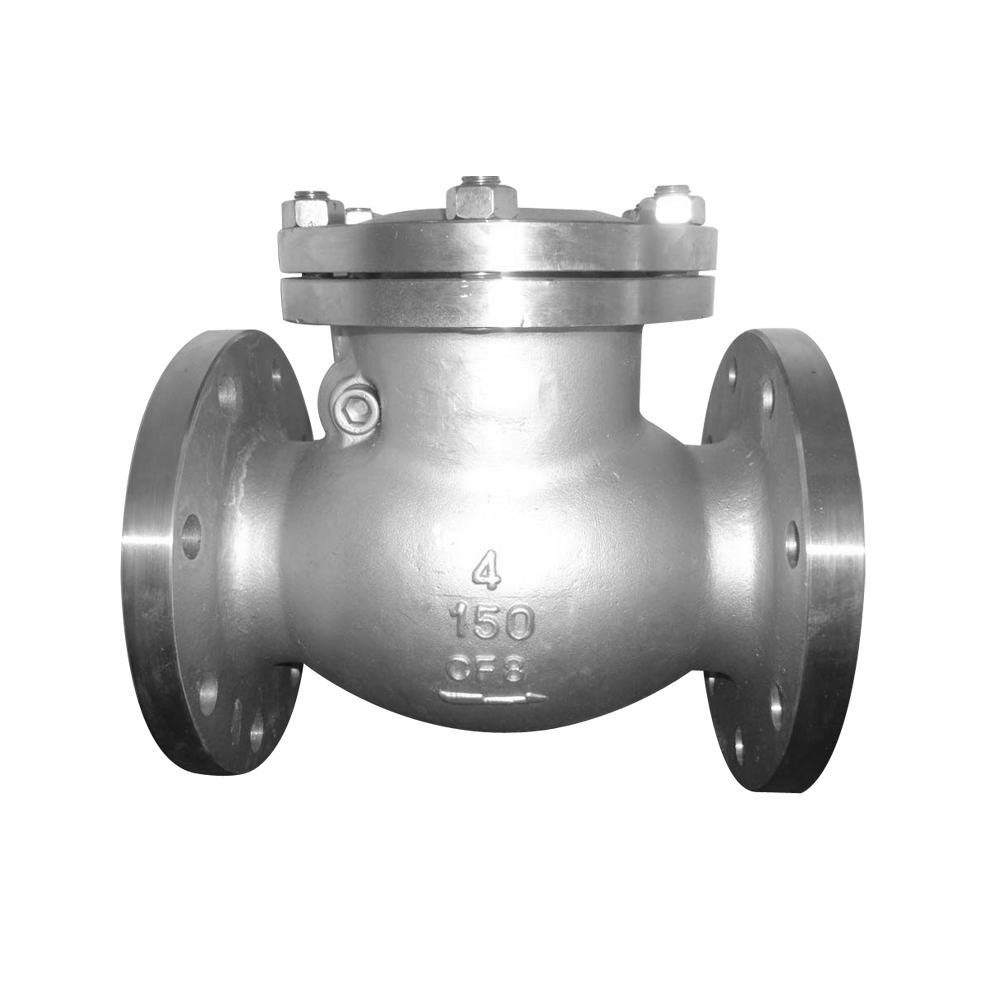High-Quality Forged Stainless Steel Flanges for Durable Industrial Applications and Reliable Performance
The Significance of Stainless Steel Forged Flanges in Modern Industries
Stainless steel forged flanges are crucial components in various industrial applications, providing reliable connections in piping systems. Their durability, resistance to corrosion, and mechanical strength make them a preferred choice across diverse sectors such as oil and gas, chemical processing, power generation, and water treatment. This article explores the importance of stainless steel forged flanges and their advantages, manufacturing process, applications, and maintenance.
Advantages of Stainless Steel Forged Flanges
One of the primary benefits of stainless steel forged flanges is their incredible strength and resistance to high pressures and temperatures. Forged flanges are produced through a forging process, which involves shaping the metal through compressive forces. This process enhances the material's grain structure, resulting in exceptional toughness, ductility, and fatigue resistance. In contrast to cast flanges, which can contain internal defects, forged flanges promise greater reliability and longevity in demanding environments.
Another significant advantage of stainless steel is its excellent corrosion resistance. Stainless steel, due to its chromium content, forms a passive layer of chromium oxide on the surface, which protects it from rust and degradation. This property is particularly valuable in industries dealing with corrosive substances, enabling systems to operate safely and efficiently over extended periods.
Manufacturing Process
The production of stainless steel forged flanges involves several steps to ensure quality and performance. Initially, the raw material, typically stainless steel alloys such as 304 or 316, is heated and shaped under high pressure in a forge. This process ensures that the mechanical properties of the metal are optimized.
After forging, the flanges undergo heat treatment to relieve stresses and enhance properties. This treatment may include processes like annealing, which helps improve ductility and corrosion resistance. Following heat treatment, strict quality control measures, including non-destructive testing methods, ensure that each flange meets the specified standards. The final steps involve machining, surface treatment, and finishing to prepare the flanges for installation.
stainless steel forged flanges

Applications
Stainless steel forged flanges find use in various applications due to their adaptability and reliability. In the oil and gas sector, they serve as critical components in pipeline systems, ensuring the secure and leak-proof connections necessary for the transport of hydrocarbons. In the chemical processing industry, these flanges are essential for handling aggressive chemicals, making their corrosion resistance a significant asset.
Moreover, in power generation plants, stainless steel forged flanges are used in steam and cooling systems, where high pressures and temperatures are common. Additionally, they are prevalent in water treatment facilities, where they contribute to the efficient and safe distribution of water.
Maintenance and Longevity
To ensure the longevity of stainless steel forged flanges, regular maintenance is critical. It includes routine inspections to check for signs of wear, corrosion, or damage. Proper installation and the use of compatible materials during assembly also play a vital role in extending the life of these flanges. Furthermore, regular cleaning and adherence to operational guidelines will prevent issues arising from dirt accumulation or cross-contamination.
Conclusion
In summary, stainless steel forged flanges are indispensable in numerous industrial applications due to their mechanical strength, corrosion resistance, and reliability. Their manufacturing process, which emphasizes quality and performance, guarantees that they can withstand the rigors of demanding environments. As industries continue to evolve, the demand for high-quality stainless steel forged flanges will undoubtedly increase, highlighting their importance in modern engineering and manufacturing practices. Their significance cannot be overstated as they help maintain the integrity and efficiency of critical systems across diverse sectors.
-
3-types-of-check-valves-maintenance-tipsNewsAug.23,2025
-
ball-valves-types-with-trunnion-mounted-designNewsAug.23,2025
-
butterfly-valve-company-production-capabilitiesNewsAug.23,2025
-
fisher-globe-valve-technical-specificationsNewsAug.23,2025
-
types-of-gaskets-for-flanges-selection-guideNewsAug.23,2025
-
wedge-gate-valve-suppliers-quality-standardsNewsAug.23,2025
-
Breakthrough in Domestic Low Temperature Valve Technology in ChinaNewsAug.18,2025




